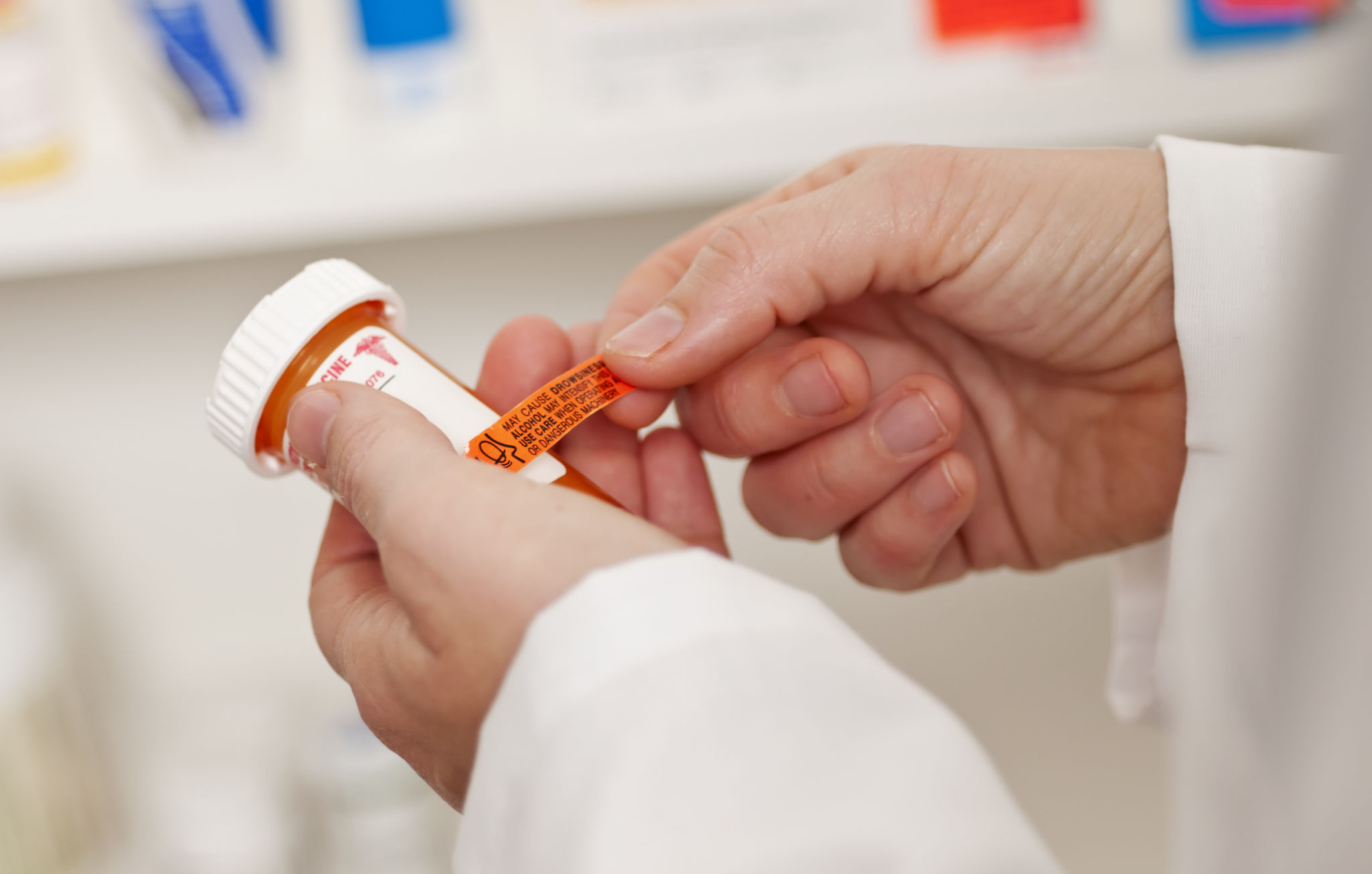Decoding Drug Labels: Tips for Safe Medication Use
Understanding Drug Labels
When it comes to medication, understanding the information on drug labels is crucial for ensuring safe and effective use. Drug labels provide essential details about the medication, including its intended use, dosage, and potential side effects. By decoding these labels, you can make informed decisions about your health and avoid potential risks.

The Importance of Active Ingredients
One of the first things to look for on a drug label is the active ingredient. This is the component that makes the medication effective. Knowing the active ingredient can help you avoid taking multiple medications with the same ingredient, which can lead to an overdose. Always check this section to ensure you're using the medication correctly.
Understanding Dosage Instructions
Following the correct dosage instructions is essential for medication safety. The label will typically include details on how much medication to take, how often, and for how long. Pay attention to whether the dosage is for adults or children, as there may be significant differences. If you're ever unsure, consult with a healthcare professional before adjusting your dosage.

Recognizing Warnings and Side Effects
Drug labels also list potential side effects and warnings. While side effects vary depending on the medication, understanding them helps you monitor your body’s response. Additionally, warnings might include information about interactions with other drugs or foods. Make sure to read this section thoroughly to prevent adverse reactions.
Expiration Dates Matter
An often-overlooked aspect of drug labels is the expiration date. Using expired medication can reduce its effectiveness and may even be harmful. Always check the expiration date before taking any medication and properly dispose of any expired products.

Storage Instructions
Proper storage of medication ensures that it remains effective up until its expiration date. Drug labels often provide storage instructions, such as keeping the medication in a cool, dry place or refrigerating it. Following these instructions can prevent degradation of the medication's active ingredients.
Consulting with Healthcare Professionals
If you have any questions or concerns about a medication, don't hesitate to consult with a pharmacist or healthcare provider. They can offer professional advice and clarification on how to safely use your medication. Open communication with healthcare professionals is key to managing your health effectively.

Keeping a Medication Record
Maintaining a list of all medications you are taking, including over-the-counter drugs and supplements, can be beneficial. This record helps healthcare providers ensure that there are no harmful interactions between different medications. Keeping this information up-to-date is an important aspect of managing your health.
In conclusion, decoding drug labels is an essential skill for safe medication use. By understanding active ingredients, dosage instructions, warnings, expiration dates, and more, you can protect yourself from potential risks and ensure your medication works effectively. Always stay informed and proactive about your health choices.
